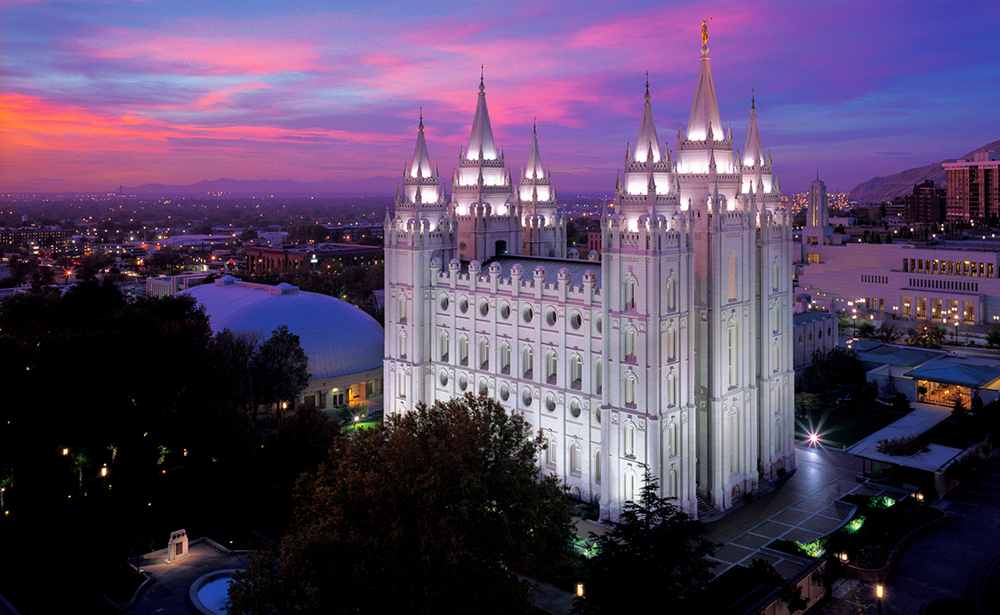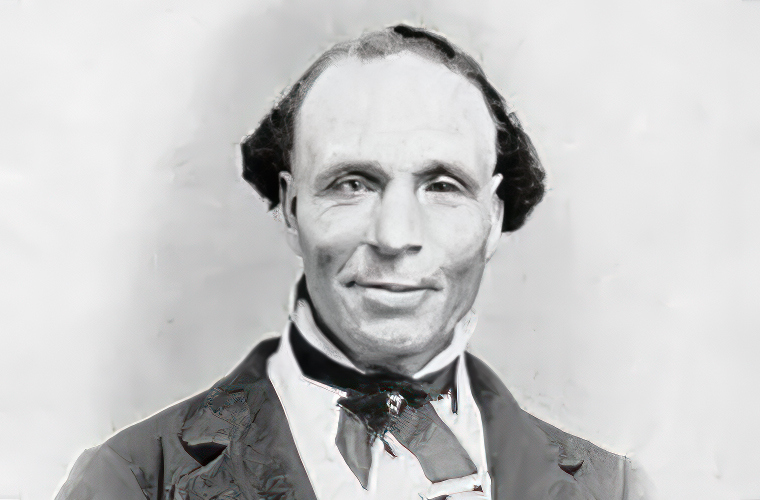Elijah Abel was one of the earliest Black members of The Church of Jesus Christ of Latter-day Saints (LDS Church) and is known for being the first Black man to receive the priesthood in the church. He was born on July 25, 1810, in Maryland, United States, and died on December 25, 1884, in Salt Lake City, Utah.
Abel was born into slavery and was eventually freed by his owner. He moved to Canada and later to Ohio, where he joined the LDS Church in 1832. He quickly became an active member of the church and served as a missionary, preaching the gospel to both Black and White communities.
In 1836, Abel was ordained an elder in the LDS Church, and in 1843, he was ordained a seventy, a position in the church’s hierarchy. In 1844, he was ordained a member of the Quorum of the Seventy, a group of seventy leaders who had responsibility for overseeing missionary work and other aspects of church administration.

In 1847, Abel joined the first group of pioneers who migrated to Utah with Brigham Young. While in Utah, Abel continued to serve as a leader in the church, and he was even recommended for the office of bishop. However, in 1852, the LDS Church implemented a policy that prohibited Black men from receiving the priesthood, and Abel’s ordination as a seventy was retroactively declared null and void.
Despite this setback, Abel remained an active member of the church and continued to serve as a missionary. He also served as a patriarch, giving blessings to members of the church.
Abel’s legacy has been celebrated in recent years by the LDS Church, which has recognized him as a pioneer and honored him for his contributions to the early history of the church. In 2002, the church posthumously restored Abel’s priesthood, recognizing that his previous ordinations were valid and that the policy that had excluded Black men from the priesthood was not in accordance with God’s will.
Overall, Elijah Abel’s story is a testament to the resilience and dedication of early Black members of the LDS Church, who faced significant challenges and discrimination but remained committed to their faith and their community.

